Zuzalu & AKASHA: Learning from a Digital Nomad Pop-Up Community in Montenegro
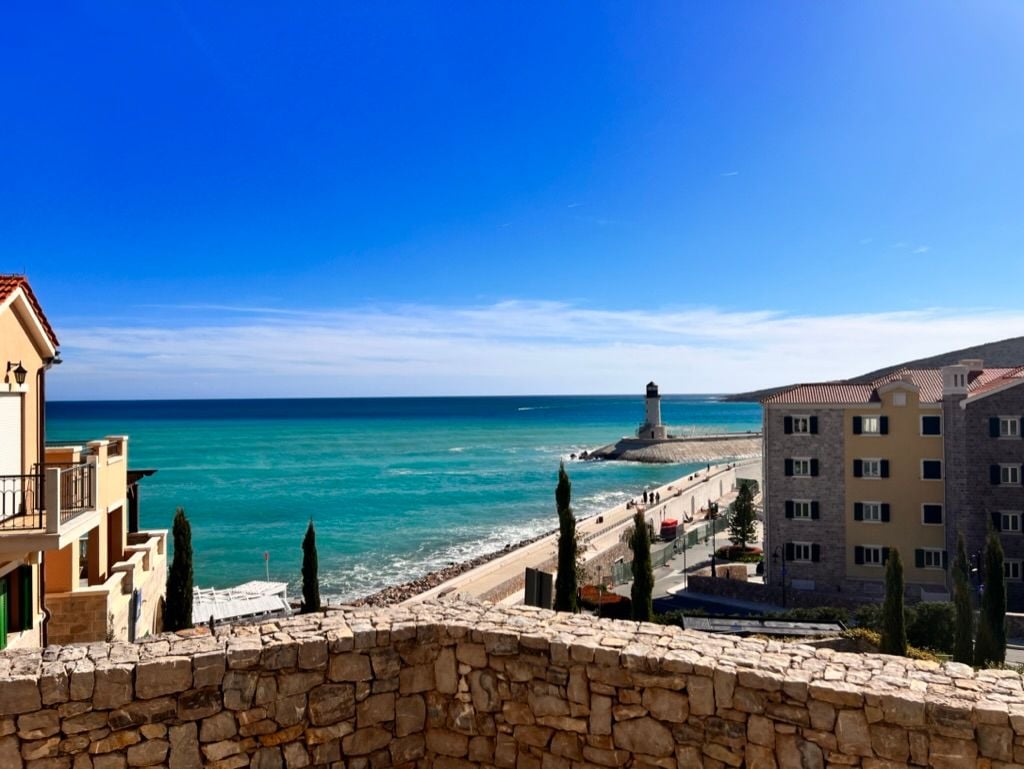
The AKASHA Team was stoked to receive an invitation to become Zuzalu's inaugural inhabitants or "Zuzalians.” Zuzalu, a unique pop-up city community in Montenegro, operated from March 25 to May 25, 2023. Conceived by Vitalik Buterin with an amazing team of local and international supporters, this vibrant community attracted up to 200 settlers at a time to inhabit the sprawling Lustica Bay complex in Montenegro. Over two months, their objectives were to understand the process of building self-sustaining communities, learn how to live together harmoniously, and explore ways to lead healthier, longer lives.
During the two months of Zuzalu’s existence, our teammates Sever Abibula and Martin Etzrodt visited this mythical pop-up city on the shores of Montenegro and had the chance to mingle with the community present. On May 4th, AKASHA also co-organized an event at the Zuzalu Dome with Afra Wang from mask.io, focusing on the intersection of Web3, social media, and virtual and IRL communities. You can find a summary and video of the event here: "Thinking beyond the 'Twitter box'; Reimagining social networks in the age of AI and Network States & Coordi-nations.”
The diverse crowd gathering at Zuzalu comprised of digital nomads & slowmads, scientists, Ethereum researchers, designers, longevity and governance experts, lawyers, founders across various disciplines, zero-knowledge-proof researchers, biotechnologists, singles, parents, families, friends, and any mix thereof. By May 23rd, the community's main Telegram chat had welcomed 823 individuals who passed through the pop-up city during its existence.
A core focus for AKASHA is the empowerment and coordination of small and medium-sized groups. Our time at Zuzalu was important for reflection, reassessment, and solidifying our community focus.
The Zuzalu.city website, accessible with editing permissions through 0xparc's Zuzalu passport, became an essential feature, particularly its calendar, which proved very useful for the community. However, communication remained fragmented across a noisy Telegram group and various Discord chat groups. During the Building Zuzalu hackathon, “zapps” emerged. Zapps had a dedicated space on Zuzalus’s website where community-created projects were accessible, and one could use the Zuzalu passport for authentication. This concept of assisting smaller communities by helping them build the tools they need and making their solutions accessible in the ecosystem for reuse, as well as owning the infrastructure, is a core objective of the AKASHA Foundation. In the long-term glocal communities can only scale if individuals and communities store and authenticate their own data instead of remaining at the mercy of large profit-oriented advertising companies.
Supporting real-life communities with necessary infrastructure is a concept we're familiar with. We have a longstanding interest in supporting communities that gather in hubs or "holons" or, as in the case of Zuzalu, "pop-up villages.”
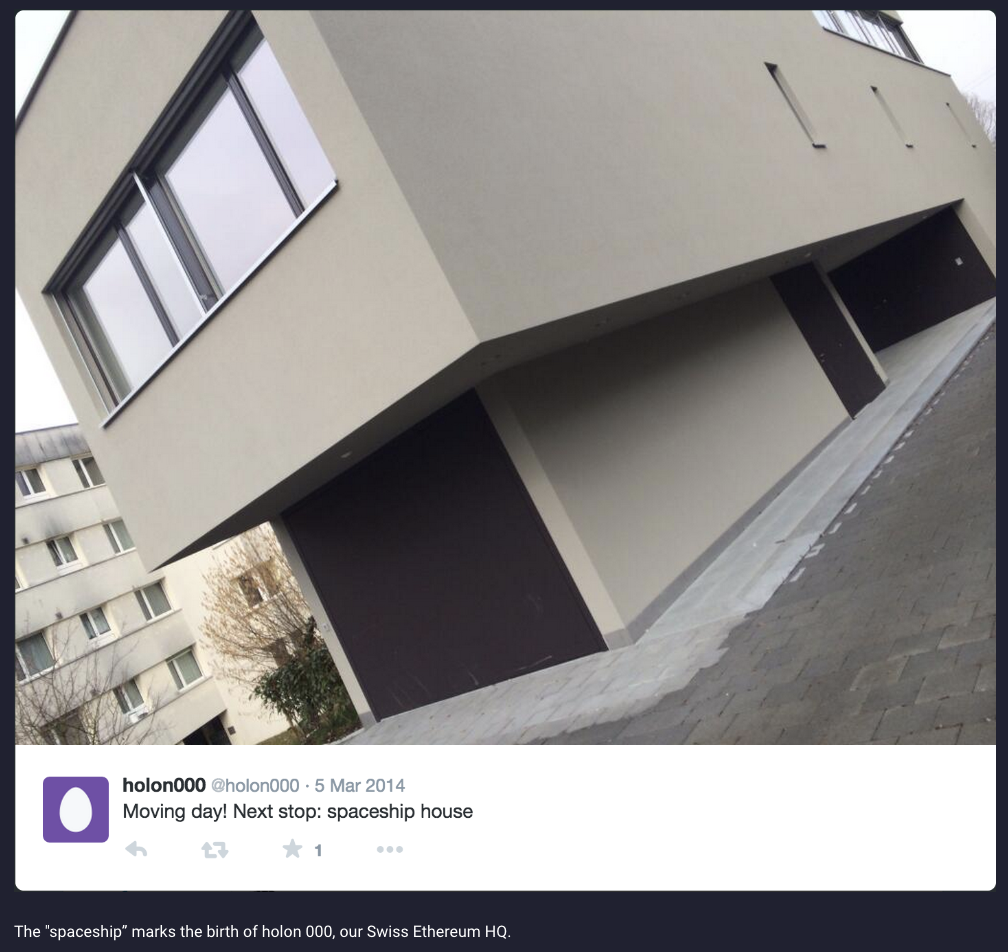
AKASHA Hub Barcelona, which has been carefully nurtured over many years by Lorenzo Patuzzo, is a testbed for our assumptions on bridging the gap from online-first Web2 social networks to a mix of local spaces supported by online tools directed by the community.
We arrived at Zuzalu with a list of questions to address, including understanding the true meaning of Web3/decentralized social media, minimum viable decentralization, comparing existing protocols for new social apps, and envisioning what a Zuzalu native social app might look like. And while we didn't reach definitive answers to these questions, we were fascinated by the emergent manner in which the Zuzalu community created their tools during the "building Zuzalu hackathons."
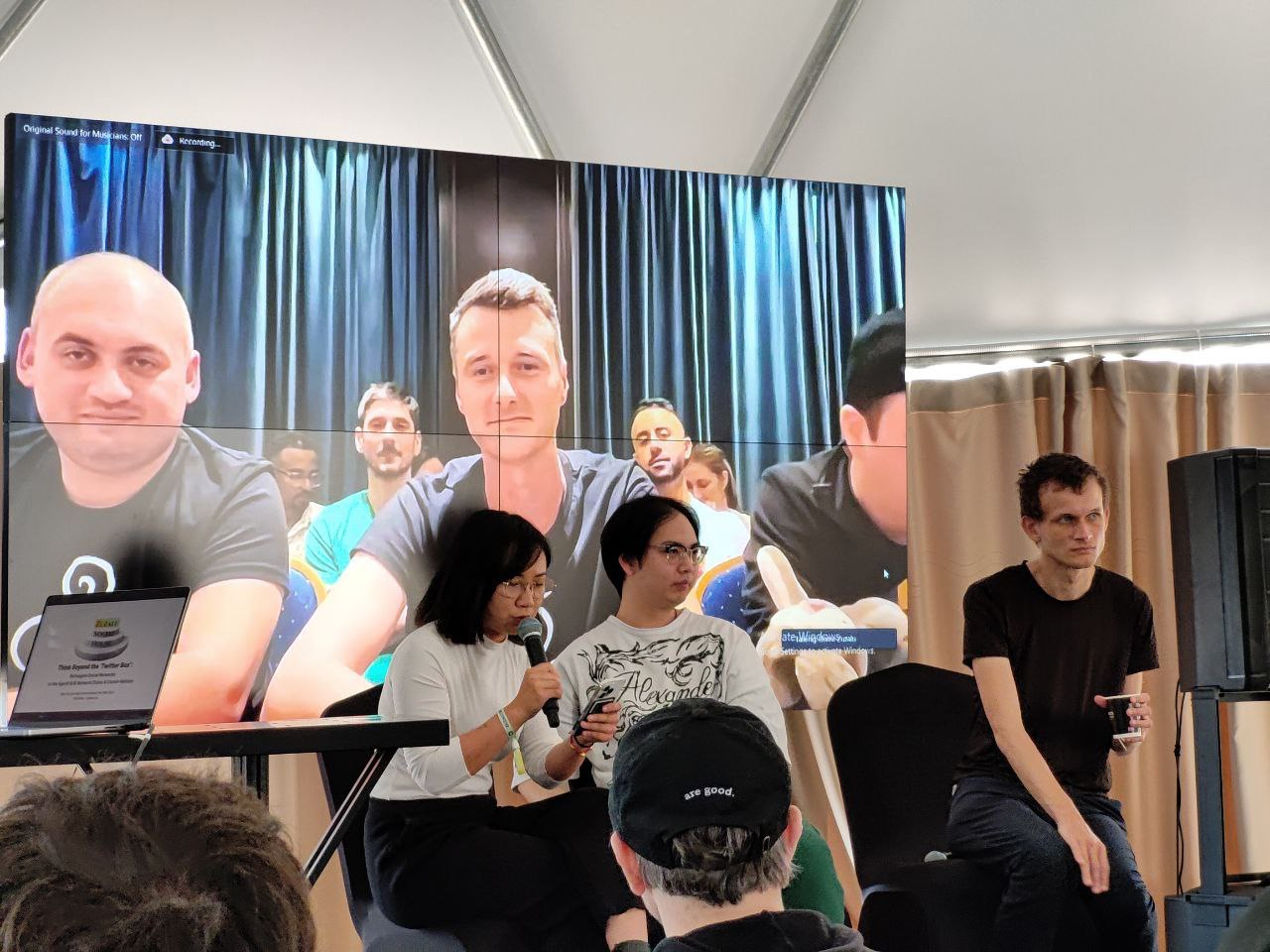
We are interested in helping future versions of Zuzalu and similar communities create digital tools that match their needs. We're confident that the next significant application in the social media realm may not necessarily be a platform that amasses billions of users, but rather one that enables local connections, fosters collaboration, and builds local reputations that may be carried over to other global communities.
During our extended conversation with Vitalik, he shared his belief that beyond technology, the types of people gathering in an online social community are critical for its success. Overly restrictive moderation, for instance, may make people less likely to engage. The AKASHA Foundation believes the risk of individuals wreaking havoc in interdependent communities is limited compared to today's massive social media platforms. This theory was affirmed at Zuzalu, where online discourse remained healthy, people maintained their robust real-world identities, and there was space for open conversations to resolve online and offline issues.
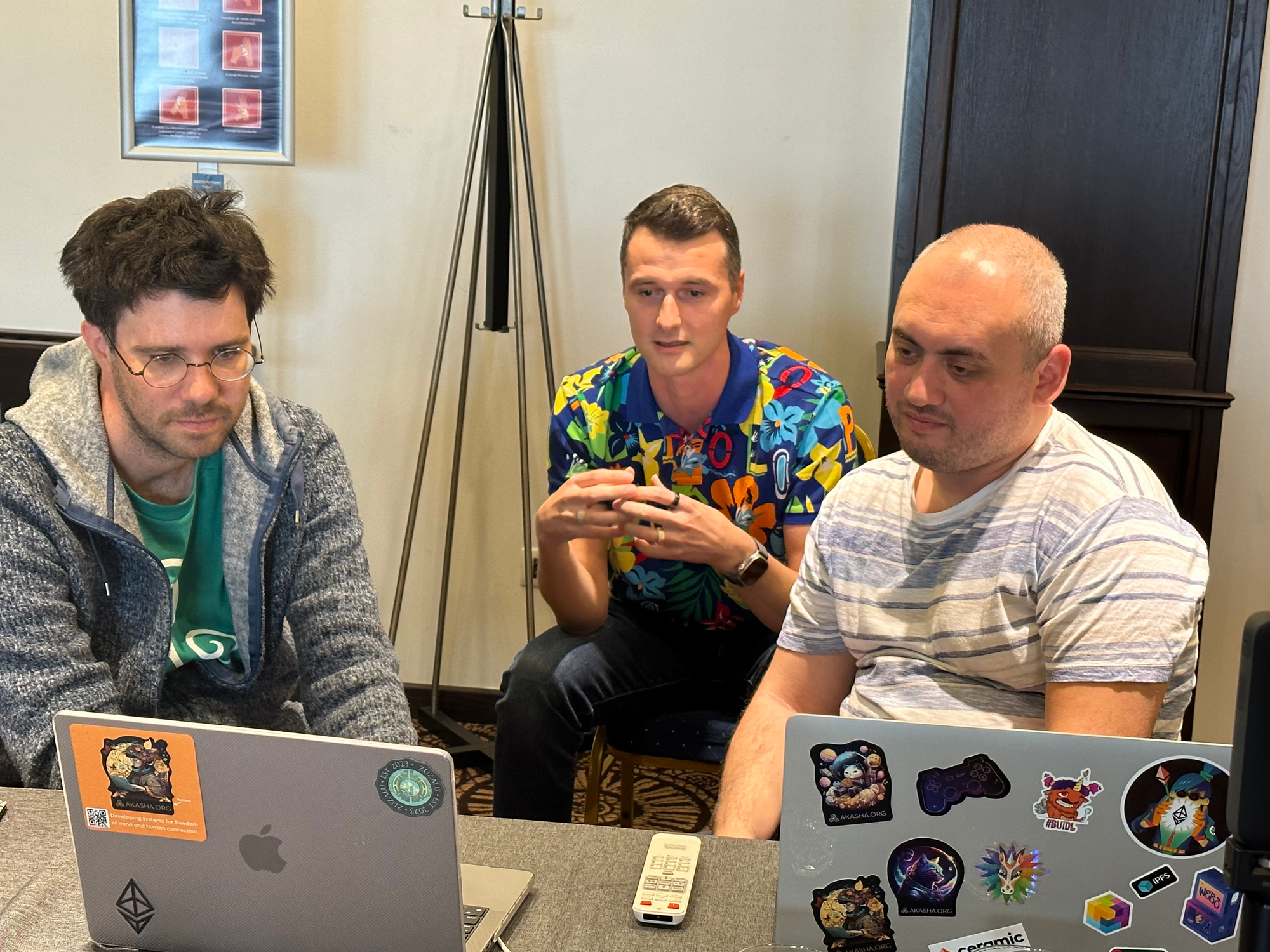
The AKASHA Foundation is dedicated to developing systems for freedom of mind and human connection. This mission isn't solely realized by creating Web3 social media, Twitter-like clones. However, we understand that existing platforms provide a tangible starting point for evolution, as demonstrated by our recent experiments with akasha.ethereum.world from 2021 to 2022, where we tested AKASHA CORE.
AKASHA CORE is an open-source framework that will soon be opened to developers and will manifest as the next reference implementation known as akasha.world. We envision supporting a community that is building and distributing composable Web3 apps. The idea is akin to social platform Legos created for community-minded developers who want to leverage the best interoperable resources from the current Web3 stack. AKASHA Core includes tools and libraries necessary for developers to build apps/plugins, atomic design systems, SDK support for identity, social graphs, ENS naming systems, and Ceramic / IPFS storage layers.
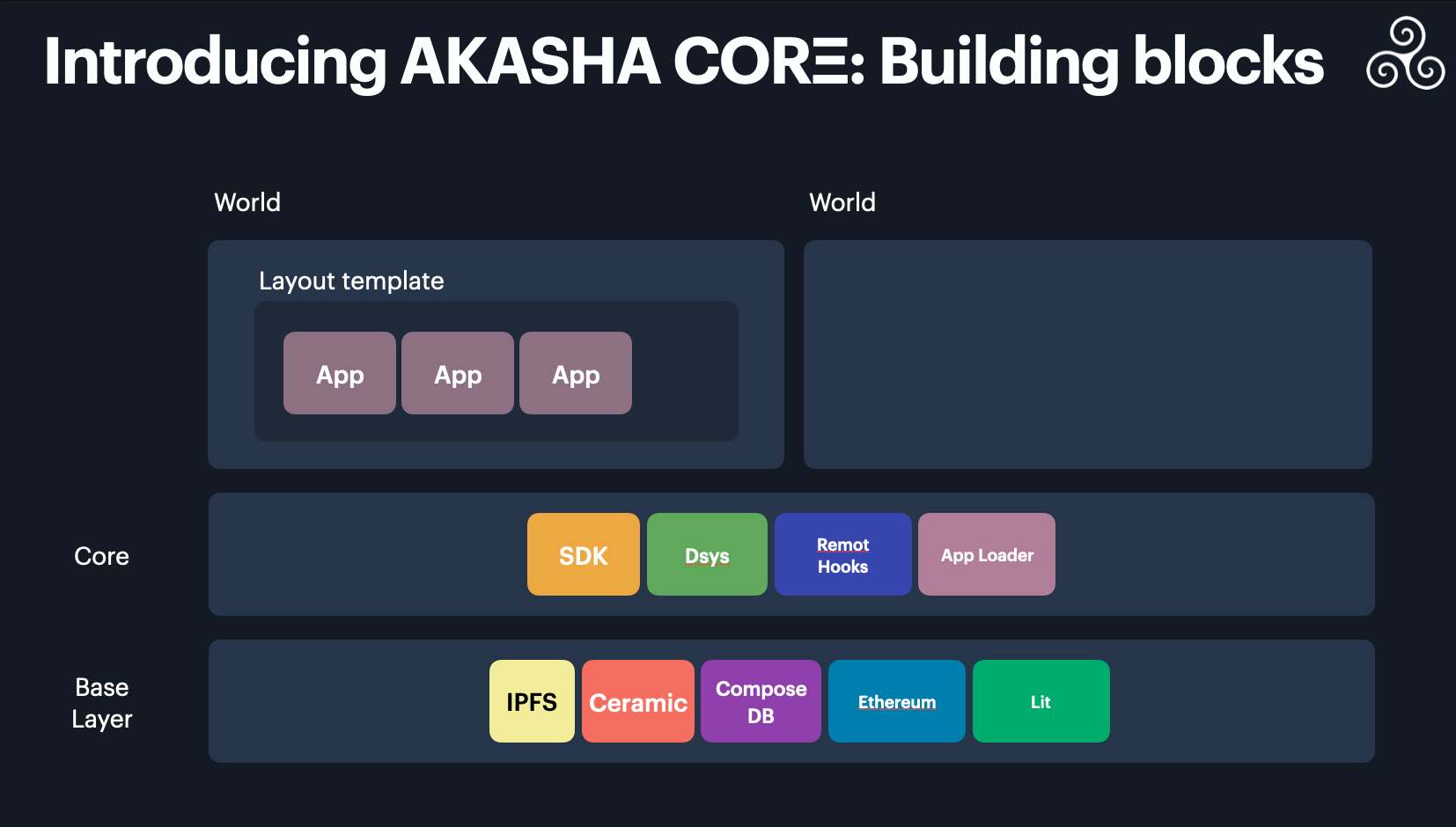
Reflecting on Zuzalu, we see that this pop-up city embodied a new kind of "world" - let's call it zuzalu.world - that began in the physical realm but lacked a home in cyberspace. Despite the development of various tools, including an interesting experience created by the 0xparc team allowing participants to unlock access to the zuzalu.city website through their Zuzalu Passport, the digital representation of Zuzalu is still in its early stages. The complete virtual manifestation of Zuzalu still needs to be created. We're excited to see how this global social community will continue to evolve in the virtual world, ideally culminating in another physical manifestation of people meeting in real life somewhere on this beautiful planet in the near future.
We will continue to do our best to support and further the Zuzalu vision. May we all meet again soon!
Follow AKASHA 🤗
AKASHA ― https://akasha.org
Blog ― https://blog.akasha.org/
Twitter ― https://twitter.com/akashaorg
Discord ― https://discordapp.com/invite/JqqKasJ


